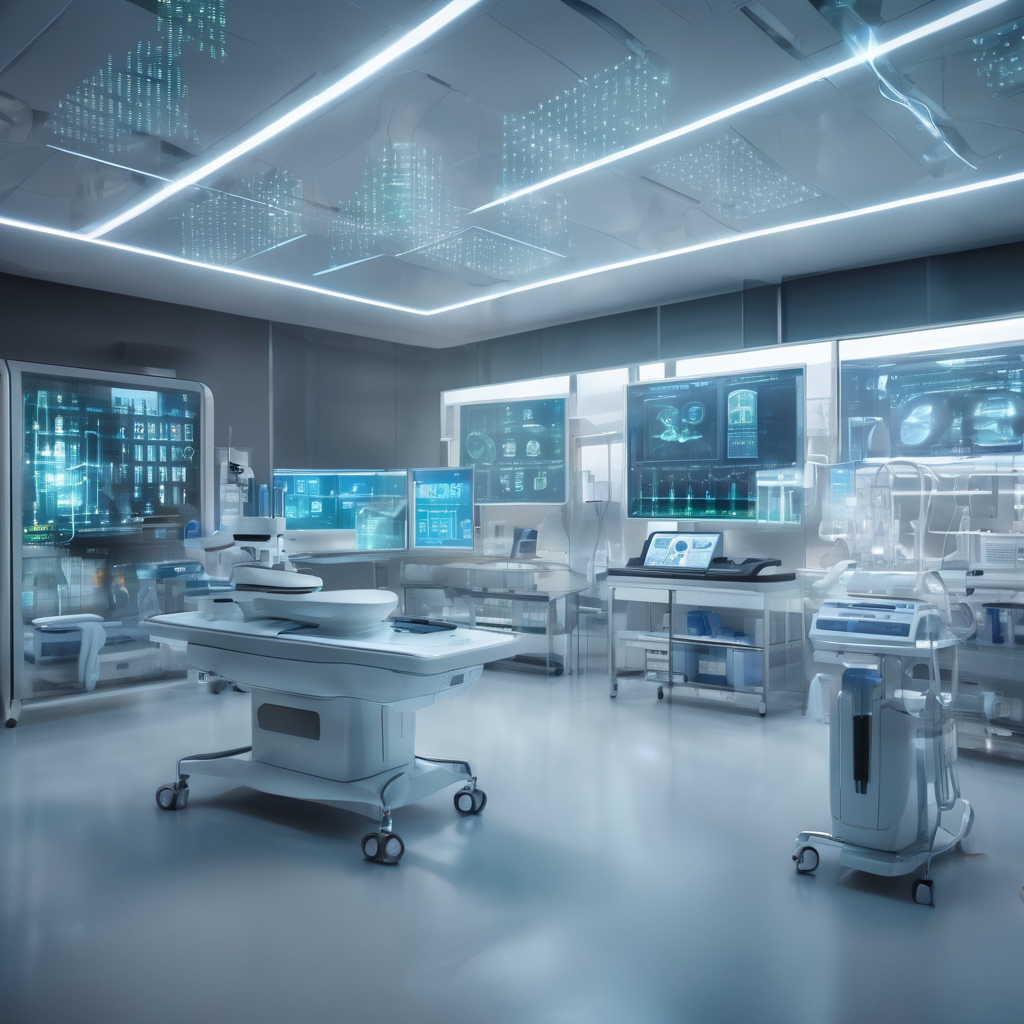
Cancer continues to be one of the most formidable health challenges globally, claiming millions of lives annually. The importance of early detection and preventative measures cannot be overstated, as they significantly boost the odds of survival and improve quality of life. In recent years, the fusion of artificial intelligence (AI) with healthcare has led to remarkable breakthroughs in the fight against cancer. AI's capacity to analyze complex, multifaceted data creates opportunities for personalized health risk assessments and tailored prevention strategies that were once the domain of science fiction. These advances aim not only to predict cancer risk but also to empower individuals to take meaningful, customized actions to reduce their likelihood of developing the disease.
At the heart of this new frontier is the ability of AI to synthesize vast amounts of information—spanning genetic makeup, lifestyle habits, medical history, and environmental factors—into actionable insights. The sophistication of machine learning and deep learning algorithms enables healthcare providers to see patterns invisible to the human eye, offering nuanced assessments of cancer risk for each individual. Unlike traditional “one size fits all” prevention programs, AI-driven approaches offer tailored recommendations that reflect each person's unique genetic predispositions and daily habits. This precision offers hope for more effective prevention because it targets the actual factors influencing risk rather than general population statistics.
One shining example of this technological leap is the OncoPreventer platform, an innovative tool designed to democratize personalized cancer prevention. OncoPreventer combines state-of-the-art AI with genetic analysis to deliver comprehensive cancer risk assessments directly to users. By understanding an individual’s detailed risk profile, the platform customizes prevention plans that include focused dietary advice, supplementation suggestions, and personalized schedules for health screenings. The integration of advanced home-based screening options—powered by AI—further lowers barriers to early detection by providing convenient and reliable health monitoring. Additionally, OncoPreventer doesn't stop after the initial assessment; its continuous monitoring system updates prevention strategies as a user’s health status and habits evolve over time, keeping the approach dynamic and adaptive.
The scientific backbone for AI-driven cancer prevention is continually strengthened by studies demonstrating the accuracy and predictive power of machine learning models. For example, researchers have developed AI models capable of predicting elevated pancreatic cancer risk by analyzing electronic health records, identifying high-risk individuals up to three years before conventional diagnosis methods might. This type of early warning system can be a game-changer, given pancreatic cancer's typically late presentation and poor prognosis. Moreover, AI applications have progressed into medical imaging; Google's AI-enhanced mammograms illustrate a significant reduction in false positives and negatives, streamlining breast cancer detection and reducing unnecessary anxiety and invasive follow-up procedures for patients. These technological strides reveal a promising future where AI doesn’t just accompany medical professionals but actively enhances diagnostic precision and preventative health.
The benefits of individualized cancer risk assessments and personalized prevention plans are far-reaching. Early detection facilitated by personalized screening protocols can dramatically improve treatment outcomes, transforming a grim diagnosis into a manageable condition or even achieving complete remission. Tailored health strategies informed by genetic and lifestyle data ensure that prevention efforts are relevant and effective, rather than generic and potentially less impactful. Most importantly, these innovations empower individuals, turning patients into proactive participants in their health journeys. This engagement fosters greater awareness, increases adherence to preventative measures, and supports healthier lifestyle choices—all of which play pivotal roles in reducing cancer risk. By giving people the tools and knowledge to manage their health, AI-powered platforms encourage a shift from reactive to proactive healthcare.
As we look toward the future, AI health risk assessments like those offered by OncoPreventer herald a transformative era in cancer prevention and personalized medicine. By harnessing the power of advanced algorithms and genetic insights, healthcare is becoming more tailored, more accessible, and ultimately more effective. The synergy between AI and healthcare is not replacing the need for professional medical guidance but supplementing it with data-driven precision. This ensures that each individual receives care and advice uniquely suited to their profile, paving the way for healthier societies and improved cancer outcomes worldwide. While challenges remain, this exciting intersection of technology and medicine underlines a hopeful vision: one where personalized cancer prevention is the norm, and the devastating impact of cancer is significantly diminished.
#CancerPrevention #ArtificialIntelligence #PersonalizedHealthcare #OncoPreventer #EarlyDetection #HealthTech #AIInMedicine
Leave a Reply